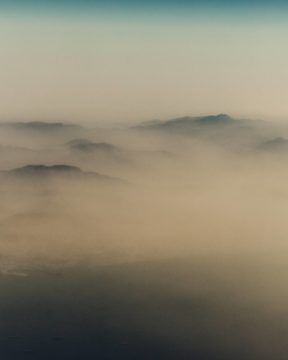Judith Butler in Time:

The pandemic has illuminated and intensified racial and economic inequalities at the same time that it heightens the global sense of our obligations to one another and the earth. There is movement in a global direction, one based on a new sense of mortality and interdependency. The experience of finitude is coupled with a keen sense of inequalities: Who dies early and why, and for whom is there no infrastructural or social promise of life’s continuity?
This sense of the interdependency of the world, strengthened by a common immunological predicament, challenges the notion of ourselves as isolated individuals encased in discrete bodies, bound by established borders. Who now could deny that to be a body at all is to be bound up with other living creatures, with surfaces, and the elements, including the air that belongs to no one and everyone?
Within these pandemic times, air, water, shelter, clothing and access to health care are sites of individual and collective anxiety. But all these were already imperiled by climate change. Whether or not one is living a livable life is not only a private existential question, but an urgent economic one, incited by the life-and-death consequences of social inequality: Are there health services and shelters and clean enough water for all those who should have an equal share of this world?
More here.
